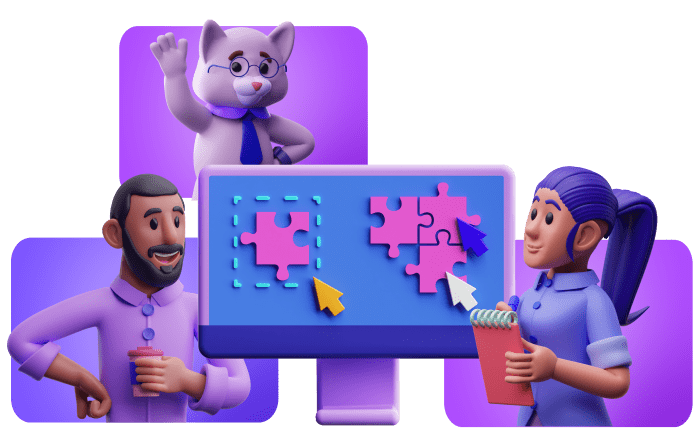Team Collaboration Hub
Everything you need to know about the importance of team collaboration, from the fundamental traits to the benefits and challenges.
All articles
Enabling Team Collaboration
Improving Team Collaboration
Remote Team Collaboration
Team Collaboration Fundamentals
Team Collaboration Hub
Everything you need to know about the importance of team collaboration, from the fundamental traits to the benefits and challenges.

